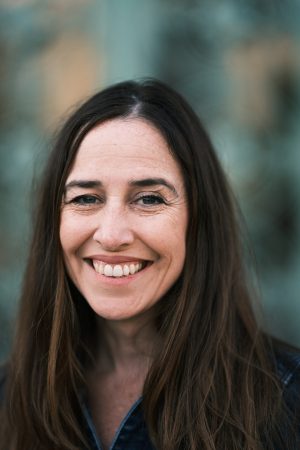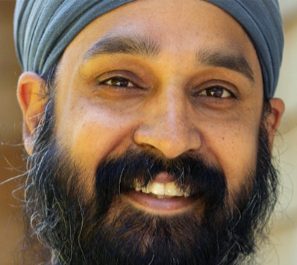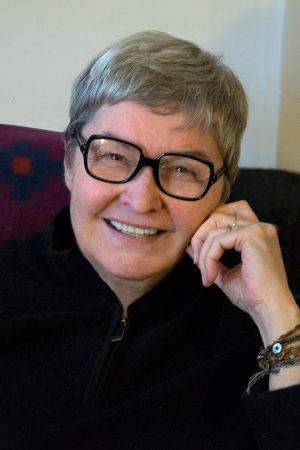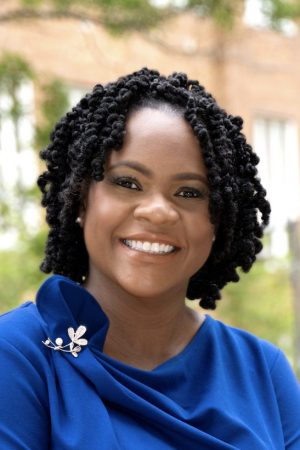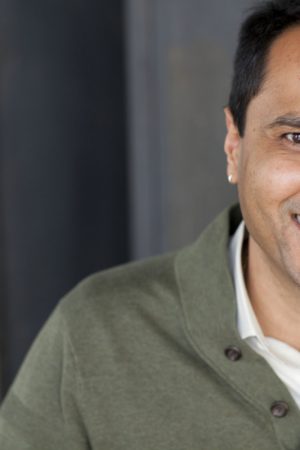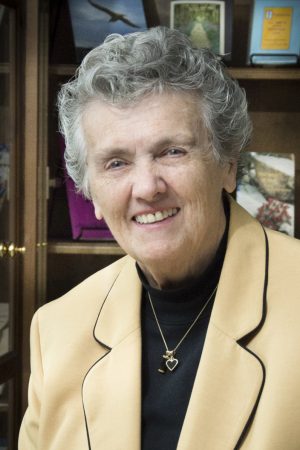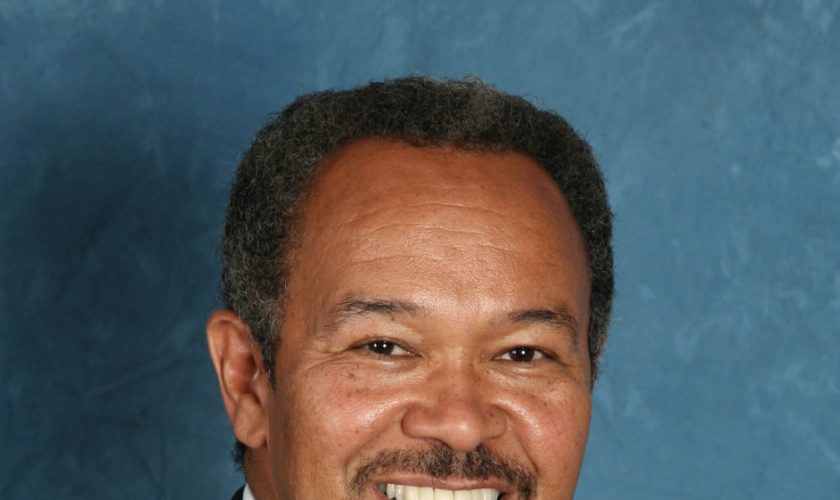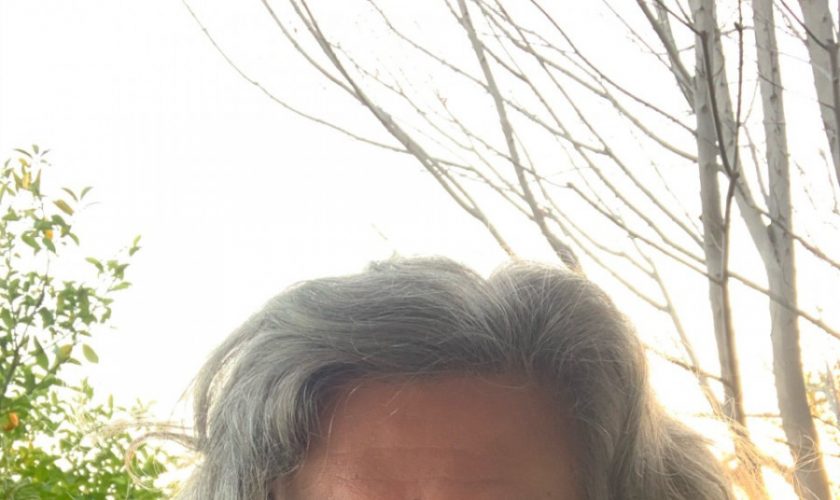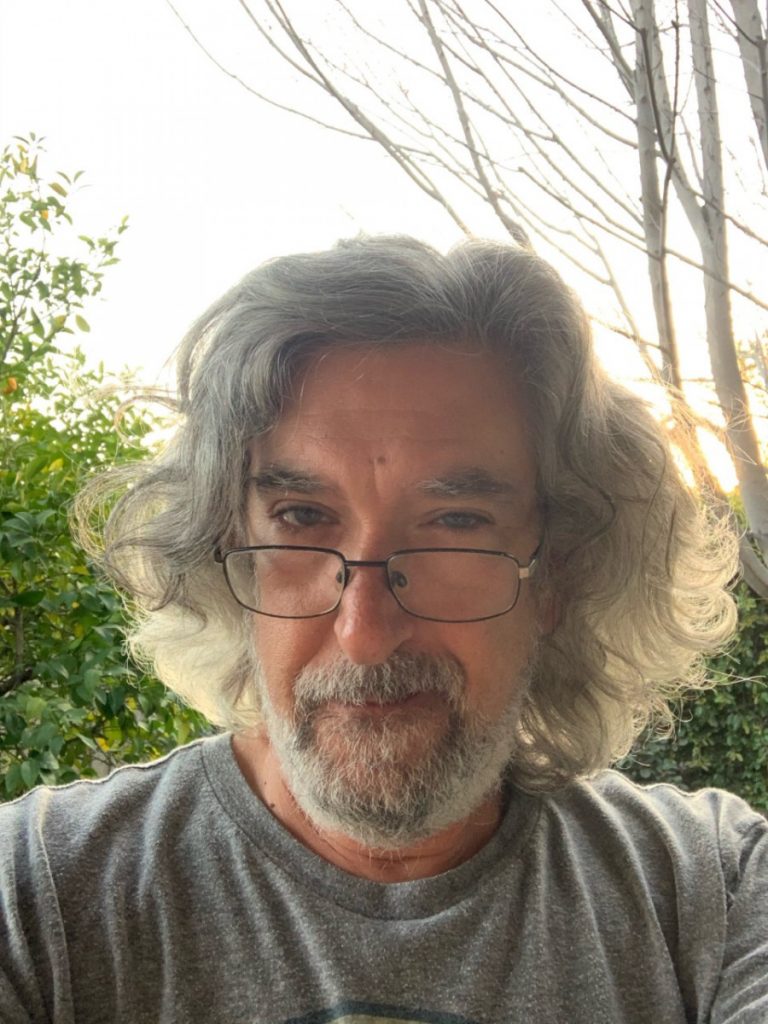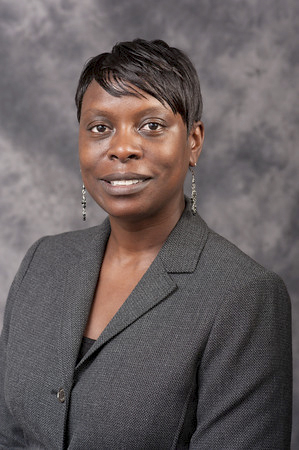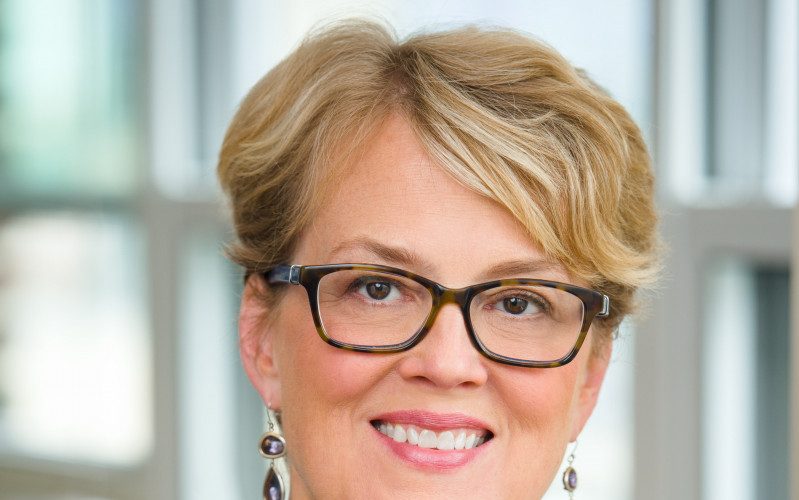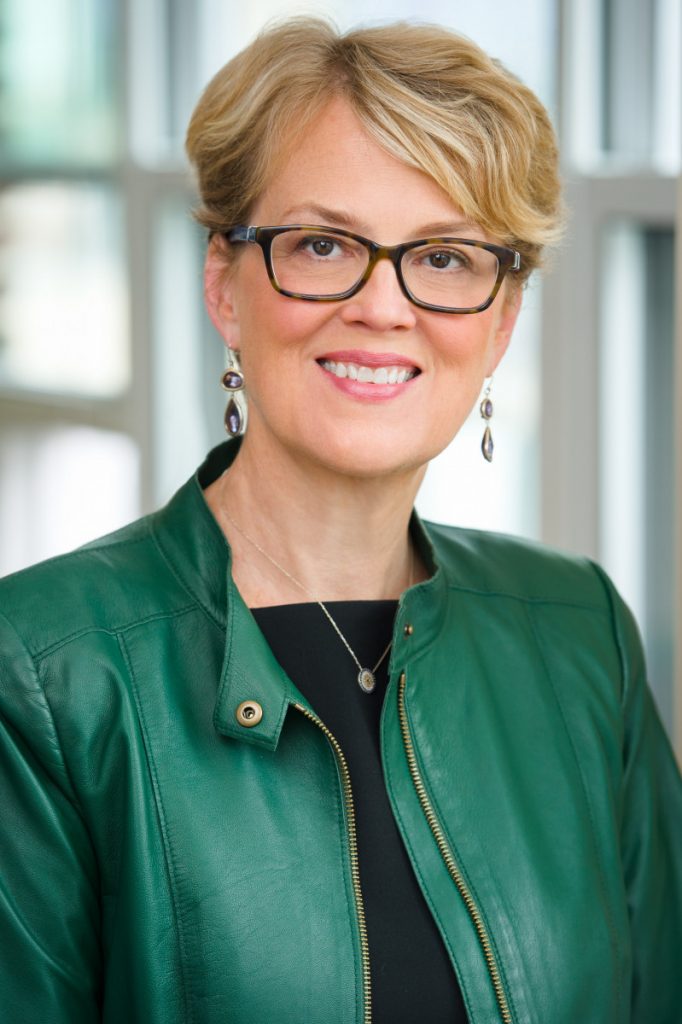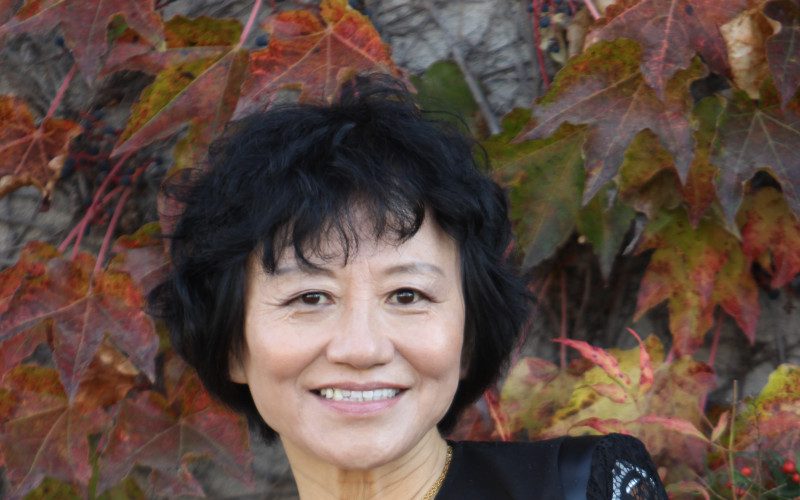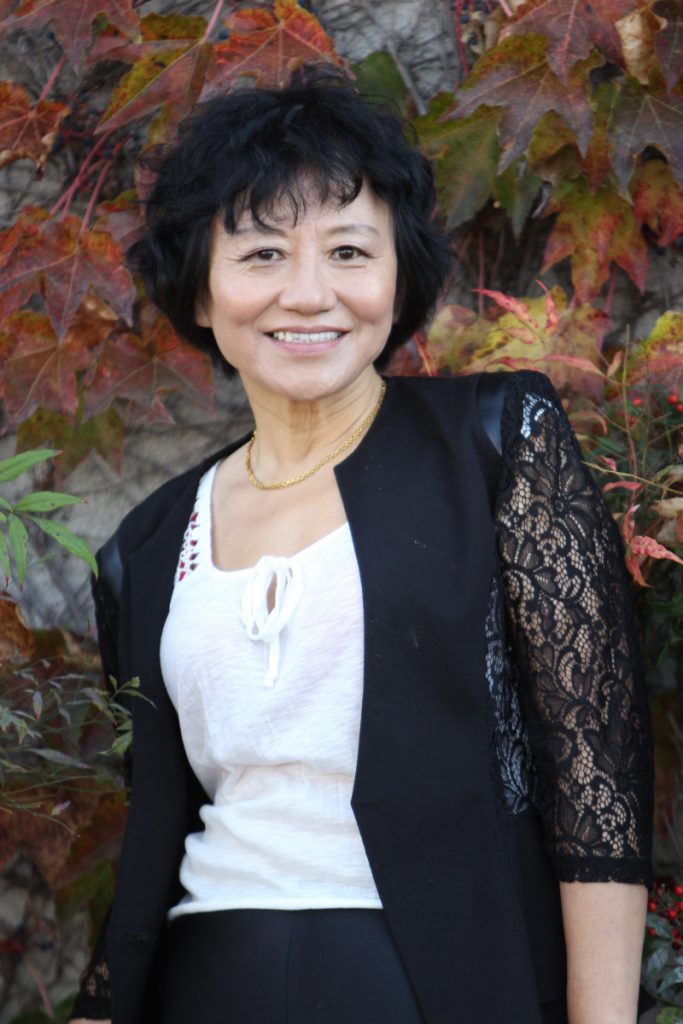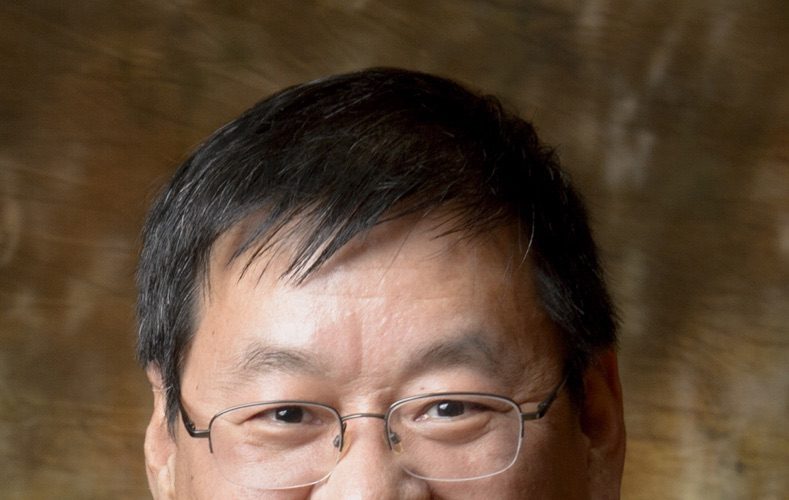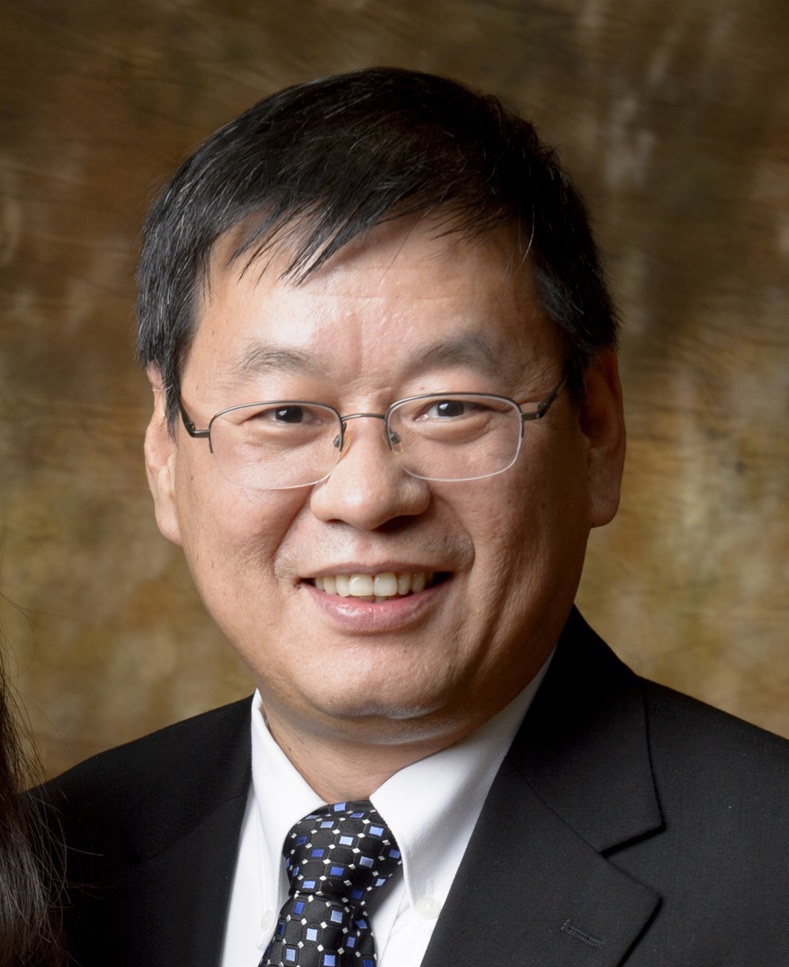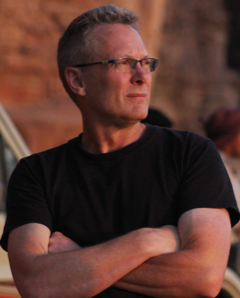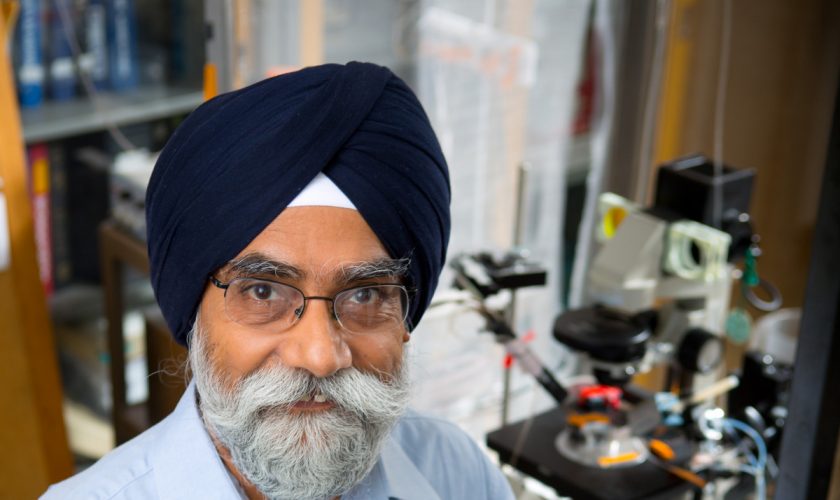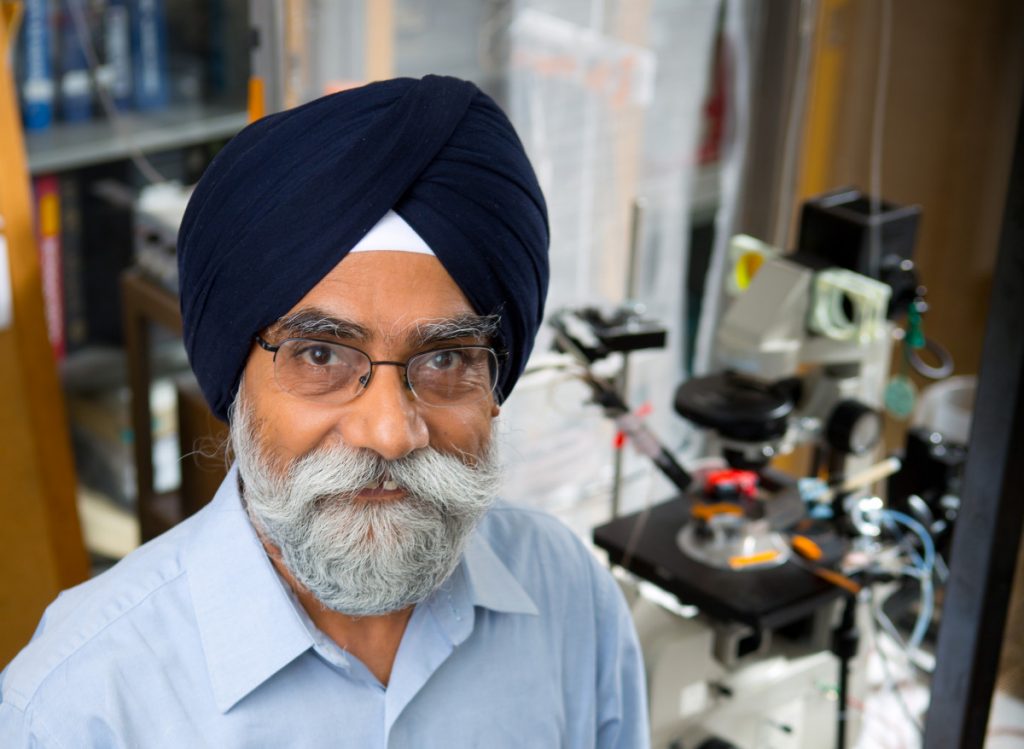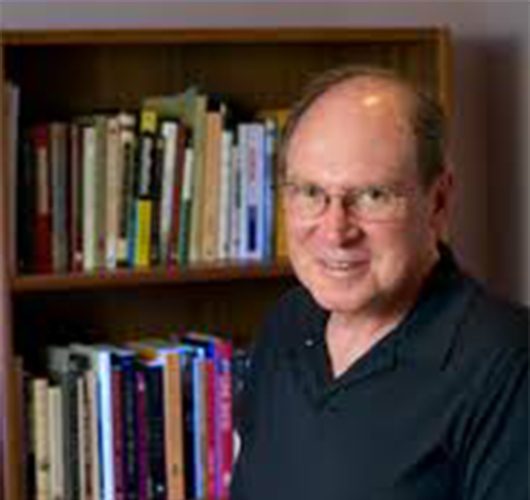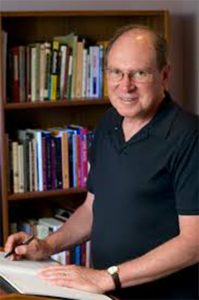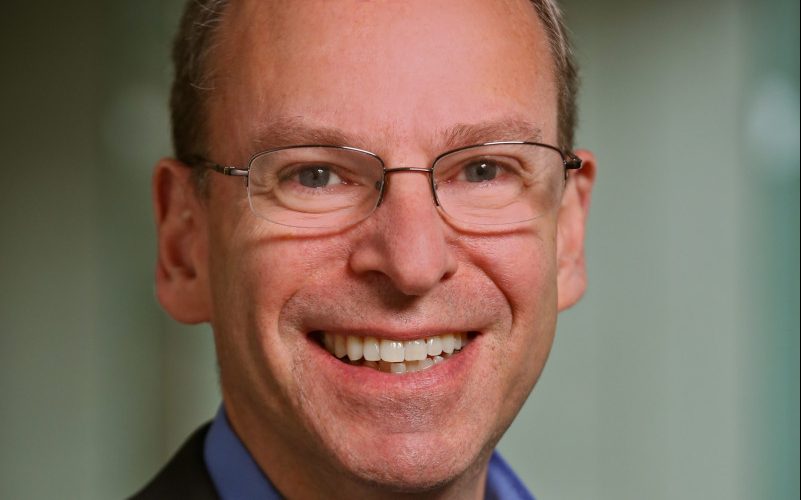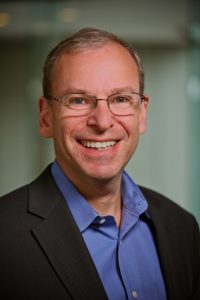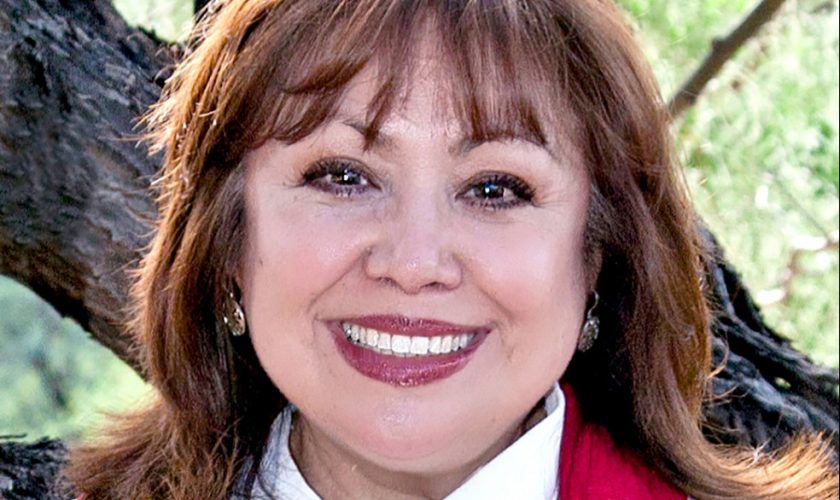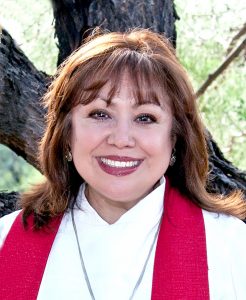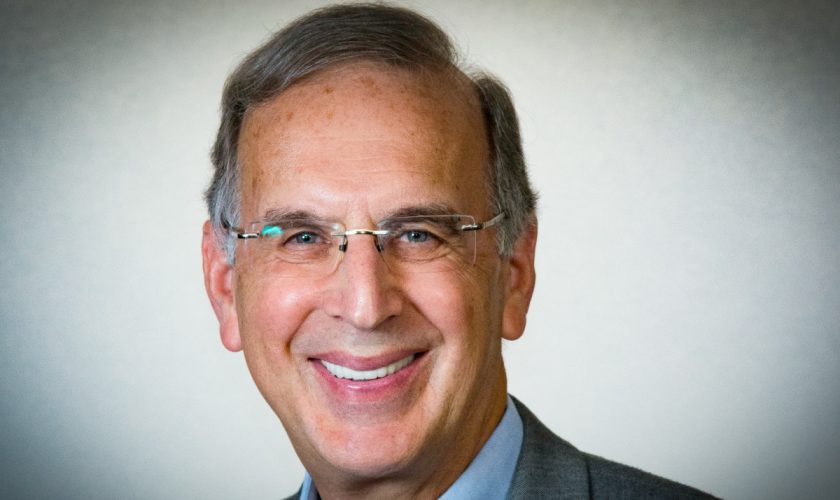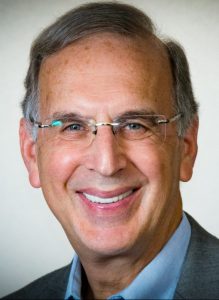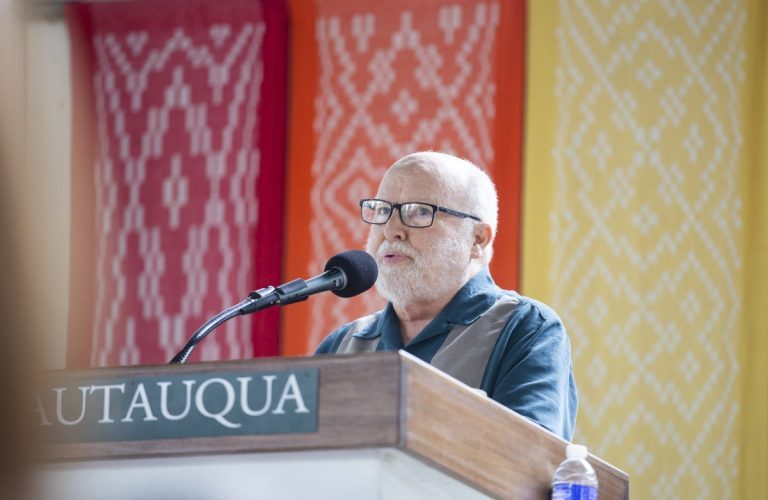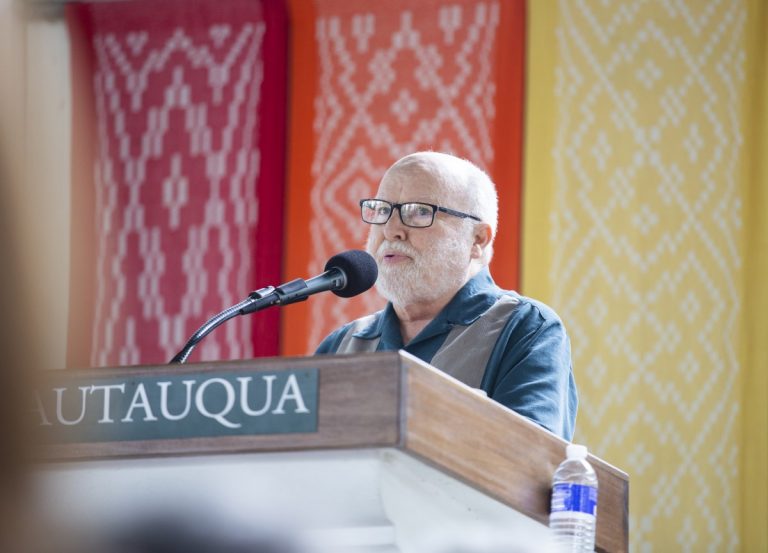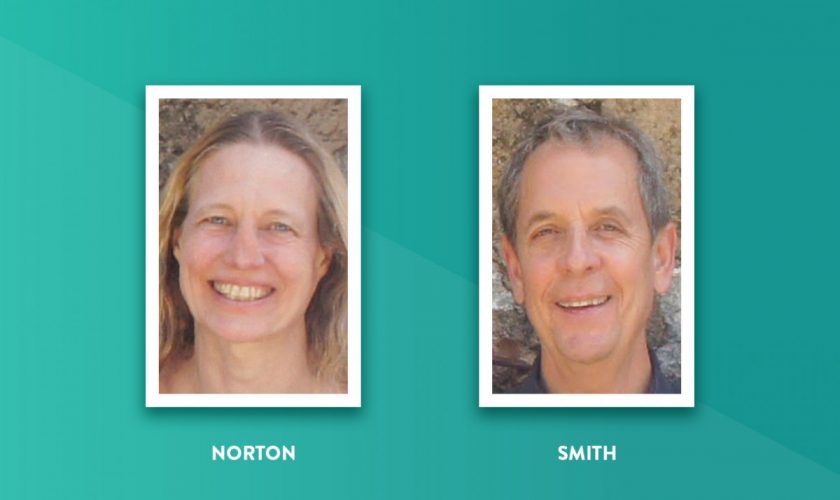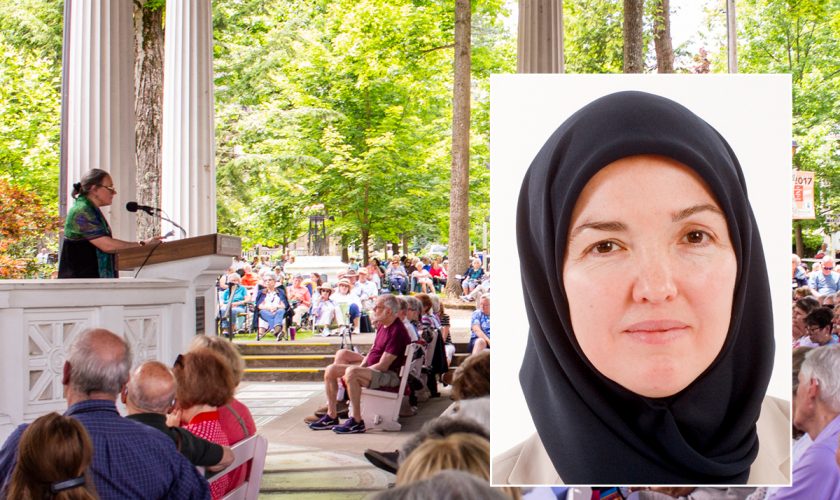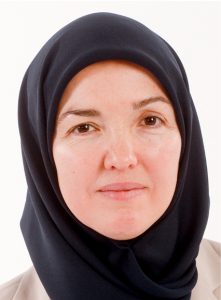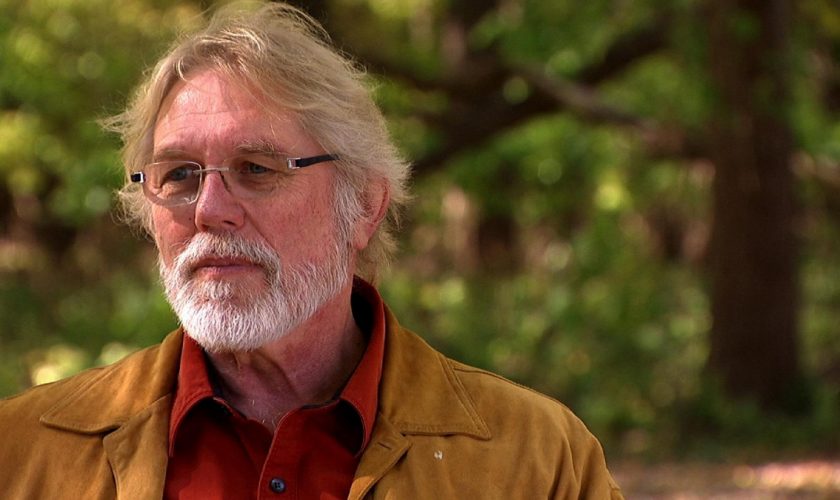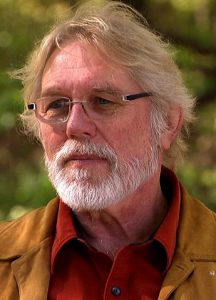MAX ZAMBRANO – STAFF WRITER
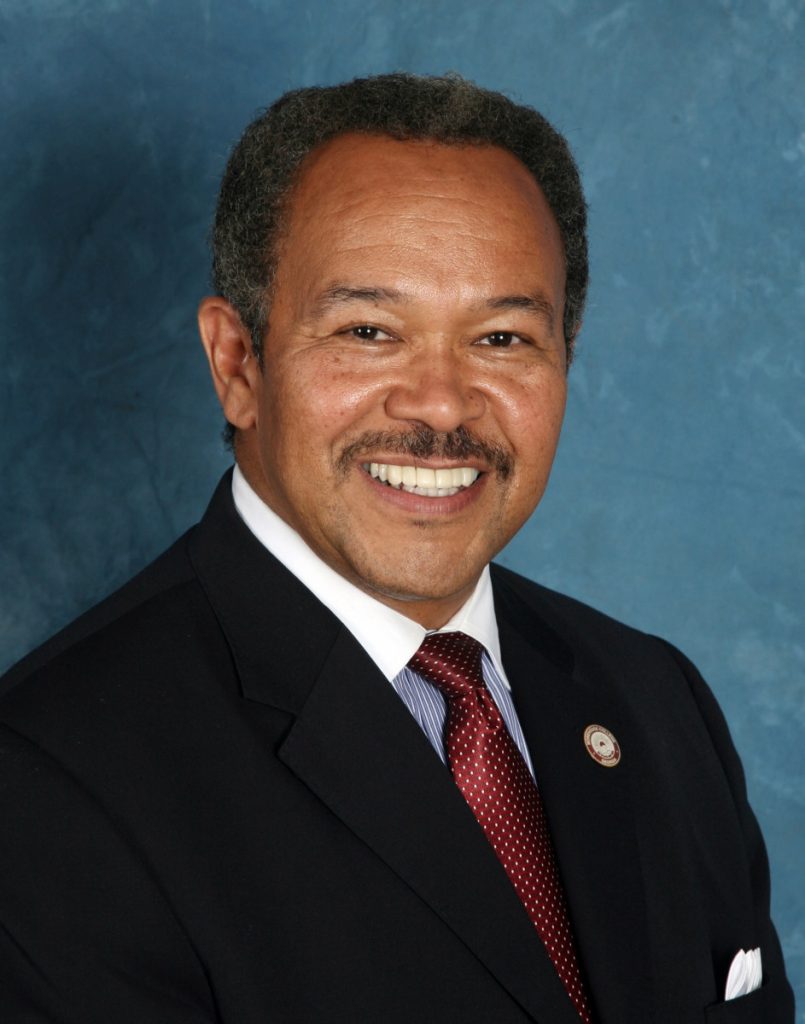
As made evident from his profession, the James T. and Berta R. Laney Professor in Moral Leadership at Emory University, the Rev. Robert M. Franklin Jr. is someone who believes morality is achievable across all aspects of life, even leadership.
At 1 p.m. Monday, July 12 in the Amphitheater, Franklin, who was the director of religion at Chautauqua from 2014 to 2017, will present his lecture, “Does Moral Leadership Still Matter? How American can Repair,” the first of the Week Three Interfaith Lecture Series, themed “The Ethical Foundations of a Fully Functioning Society.”
Franklin is also the author of Moral Leadership: Integrity, Courage, Imagination, along with several other works.
“I am motivated by the opportunity to achieve our moral possibilities as a nation, to build bridges of understanding and cooperation between diverse communities, and to enable individuals to achieve their highest good,” Franklin said. “One of the things I love about Chautauqua Institution is its long track record of achievement in promoting each of these.”
In this book, Franklin writes that the United States is in crisis, and the way out is through moral leadership; he proposes a model for readers to use.
“Robert’s timely book … is a guidebook for how to live in the world and culture that is evolving around us,” said Director of Religion Maureen Rovegno. “He will thoughtfully and appropriately set the stage for the important conversation of the week.”
Moral leadership consists of “intellectual and ethical integrity, a vision and commitment to the public good, and personal investment in a transformative community,” according to the book’s synopsis.
Franklin has served in several leadership roles himself, such as president emeritus at Morehouse College in Atlanta, the only school in America founded in dedication to developing African American men, according to Franklin’s website.
During 2020, Franklin ran to fill the remainder of the late Georgia Representative John Lewis’ term. He made it to the runoff election, where he lost to Kwanza Hall.
In his Interfaith Lecture, Franklin said he wants to address three topics: the moral leaders who inspire people today, what they inspire people to do, and what people will do to make a difference in the world.
“I will talk about moral agency as a responsibility for each one of us,” Franklin said. “But also, I would like to invite people to think about becoming moral leaders who serve the common good. Moral leaders are people who inspire us and guide us to become better versions of ourselves, while holding us accountable for doing so.”
Franklin does not believe that moral leadership has to come from personal goodness or religious piety, he said in a recent Emory News Center article. Rather, he said, moral leadership comes from those searching for a common good and inviting others to join.
Raised Christian in a Black church and by his mother and grandmother, Franklin used to think these traits were specific to his religion.
“Later, I discovered that the truths that inspired me were not particular, but rather universal,” he said.
Now, he said, he explores how God is present in other traditions.
“My faith journey is an ongoing conversation with the creator and sustainer of meaning and love,” he said.

